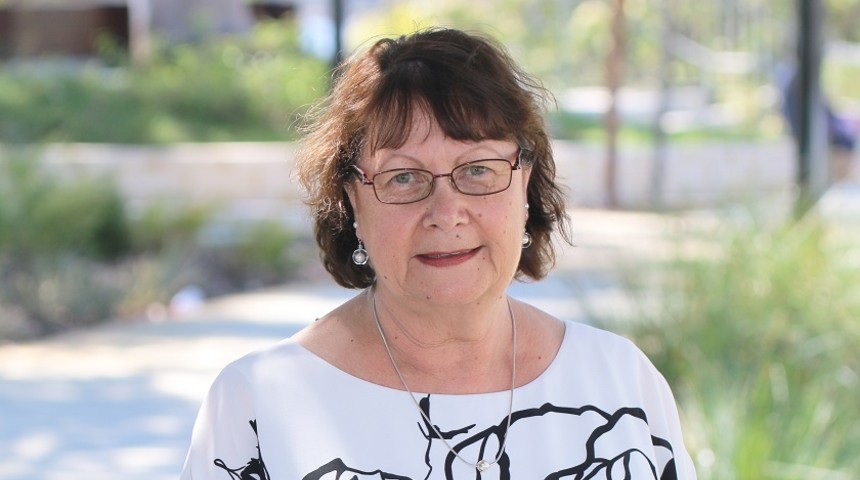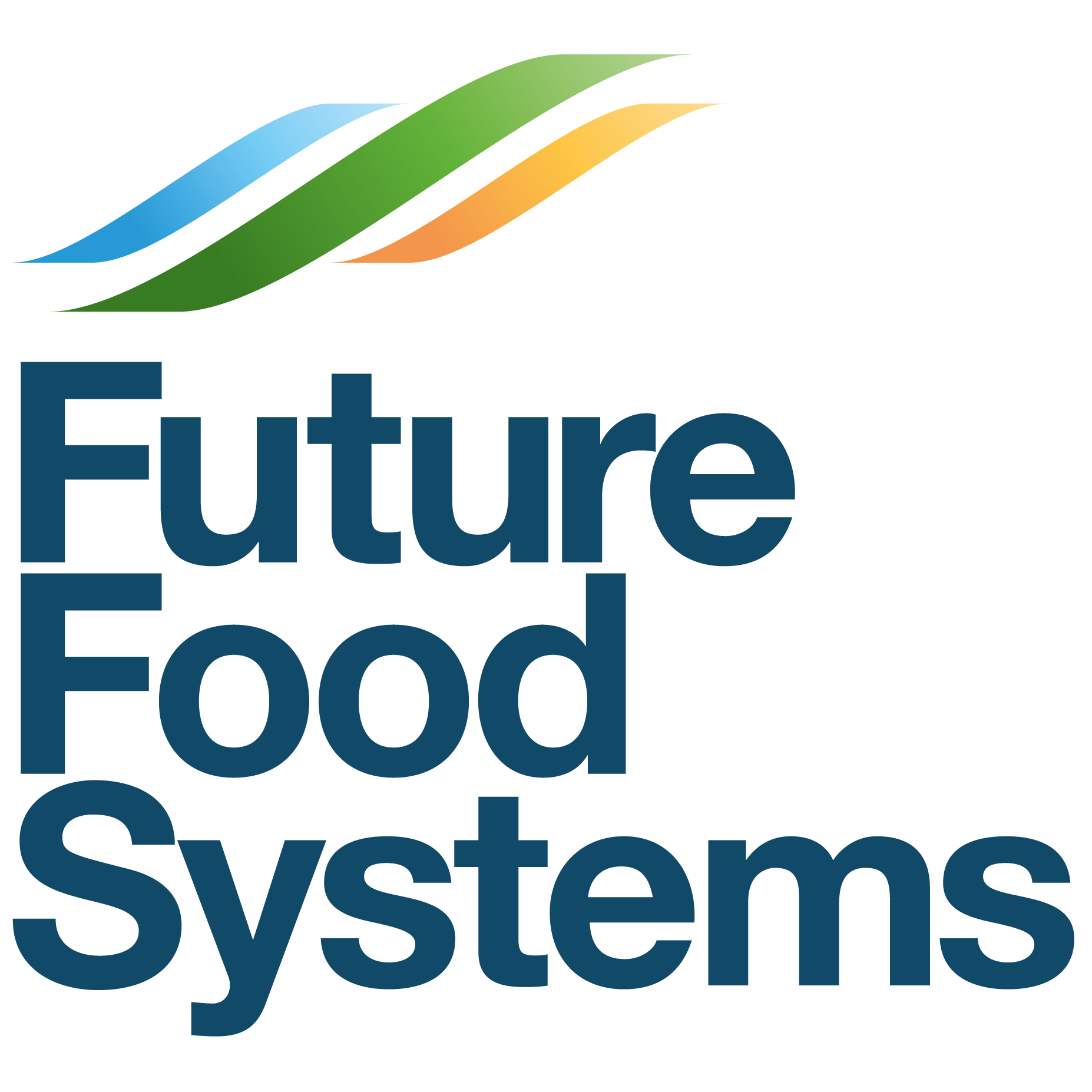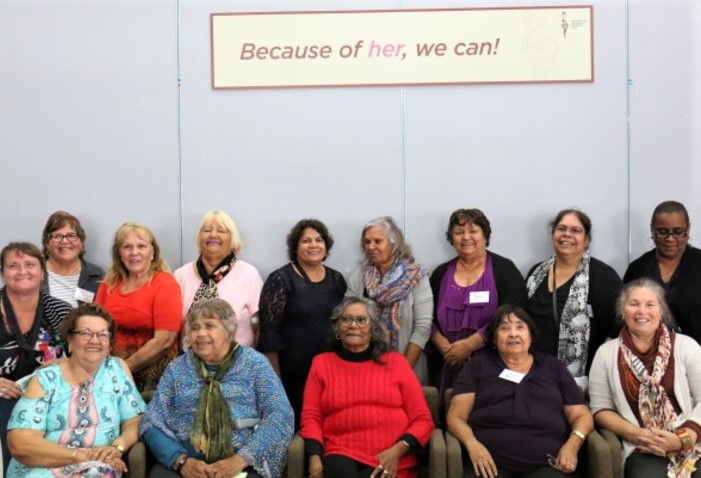Researchers from Murdoch University have connected with Aboriginal Elders to develop the first living biobank specific to Western Australia’s First Nations people.
It will be the first-ever project to engage First Nations people residing on Whadjuk Country.
Right now, the researchers, from the Australian National Phenome Centre on Murdoch’s Perth Campus, are collecting age and gender biological samples from Indigenous Western Australians in partnership with a local Aboriginal Elders group.
The ANPC scientists will work with members of the Ngangk Yira Research Centre for Aboriginal Health and Social Equity. Both are housed under Murdoch University’s Health Futures Institute.
They’ll analyse the biochemistry of numerous samples so as to better understand the effects of COVID-19 that are specific to Aboriginal people.
Sample processing will be led by Professor Elaine Holmes, Director of the Centre for Computational and Systems Medicine, who’ll draw on cutting-edge ANPC technology to generate ‘deep phenotypic profiles’ of biological samples.

Professor Rhonda Marriott, Director of the Ngangk Yira Research Centre, explained that the project team will operate under the principles of data sovereignty to ensure the research follows Aboriginal-led decision-making and governance.
It is expected that the First Nations biobank will become an important community resource, aiding understanding of how genes and environmental interact to maintain health in Noongar communities and beyond.
“Like us, the Elders want to understand how their social and health determinants are affected by the nutrition they’ve had across their lifetime, and how we could position the community to better deal with immediate and downstream effects of COVID-19 and prepare for future pandemics,” Professor Marriott told Murdoch University News in a recent story.
“Are we more vulnerable because we’re not eating the right diet? While we know probiotics and specific diets can increase and raise immunity for some, this project will help us understand the relationship between diet, the microbiome and immunity in Aboriginal people.”
“And, we already know Aboriginal people are much more vulnerable to diabetes and cardiovascular diseases,” said Prof. Marriott.
The project will leverage Prof. Holmes’ substantial expertise in mapping the nutrient and metabolic profiles of various foods and in using ‘precision nutrition’ to reduce risk of disease.
“The First Nations biobank is a major step in advancing personalised medicine for Aboriginal people and increas[ing their] long-term health,” Prof. Marriott said.
“Although the project will initially focus on COVID-19, the team see this as the beginning of a much more extensive biobank that includes First Nations people across Western Australia.’
Further reading
Read the original article in Murdoch University News.
Have a look at this Nature article on the topic from December 2019: ‘Australian biobank repatriates hundreds of ‘legacy’ Indigenous blood samples‘.
Learn more about research from the Health Futures Institute.
Source: Western Australia’s First Nations biobank I Murdoch University News

